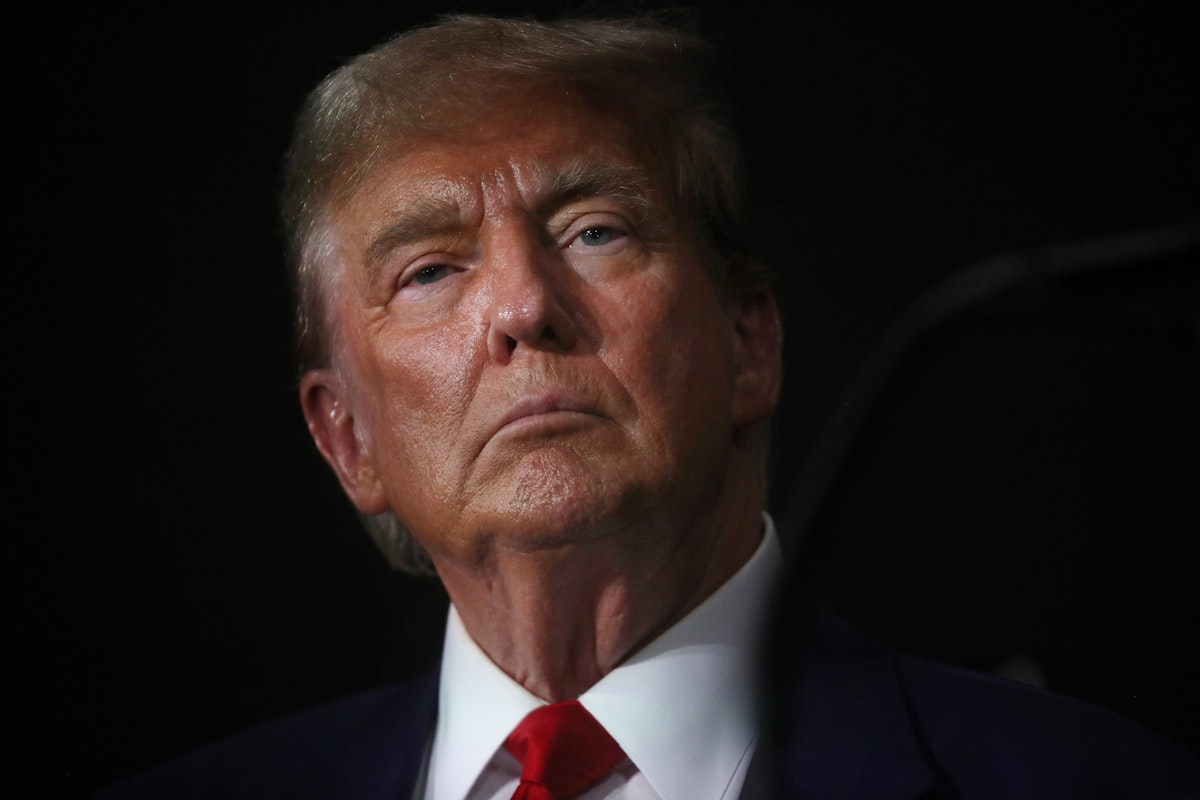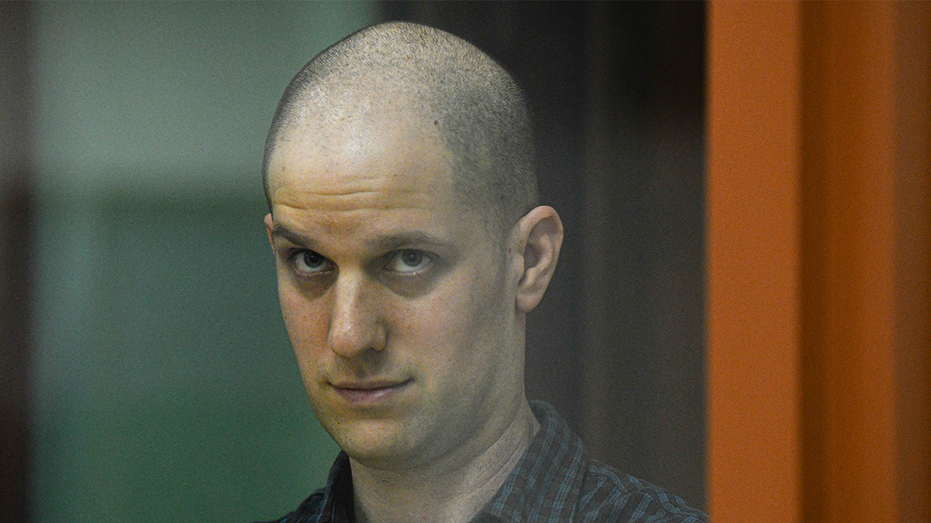Judge Cannon Promises She’ll Take Her Sweet Time With This Trump Case
Donald Trump got some good news and some bad news in his classified documents trial on Thursday.U.S. District Judge Aileen Cannon rejected Trump’s effort to dismiss the case outright. Trump had claimed in a motion that the trove of national security secrets found at Mar-a-Lago during an FBI raid were actually his under the Presidential Records Act. But that is not adequate, Cannon said, noting that the “Presidential Records Act does not provide a pre-trial basis to dismiss.”But Cannon also used the decision to hit back at special counsel Jack Smith, who effectively requested that she hurry up and make a decision on a motion that was presented last month.“Separately, to the extent the Special Counsel demands an anticipatory finalization of jury instructions prior to trial, prior to a charge conference, and prior to the presentation of trial defenses and evidence, the Court declines that demand as unprecedented and unjust,” Cannon wrote. “The Court’s Order soliciting preliminary draft instructions on certain counts should not be misconstrued as declaring a final definition on any essential element or asserted defense in this case. Nor should it be interpreted as anything other than what it was: a genuine attempt, in the context of the upcoming trial, to better understand the parties’ competing positions and the questions to be submitted to the jury in this complex case of first impression.”Legal analysts have worried that a strategy of continual delays could be the Trump-appointed judge’s way of surreptitiously dismissing the trial altogether. Last month, Trump tried twice to get the case dismissed, arguing in separate motions that it wasn’t clear at the time he took the sensitive material if doing so was illegal and that the classified documents could be considered “personal materials” rather than presidential under the Presidential Records Act. The latter defense was roundly rejected by Smith’s office, which pointed to a transcript of Trump’s own words in which the former president acknowledged the records definitely were not personal.“This totally wins my case, you know. Except it is, like, highly confidential. Secret. This is secret information,” Trump said in a 2021 recording.Smith’s office also claimed that Trump’s “personal records” argument was suggestive that the GOP presidential nominee believes he’s beyond reproach and above the law.“Trump’s claims rest on three fundamental errors, all of which reflect his view that, as a former President, the Nation’s laws and principles of accountability that govern every other citizen do not apply to him,” federal prosecutors wrote in a filing last month.Trump seems to know this is the case. In a July 2021 recording, Trump confessed the obvious: that he actually couldn’t have declassified the “secret” documents as he said he did because he wasn’t president. And in a June interview with Fox News’s Bret Baier, Trump claimed he was too “busy” to give the boxes back to the federal government.Trump has also taken to outright confessing that he took the sensitive records. In a prerecorded interview on Newsmax, Trump claimed point blank that he actually did take the classified documents, describing the process of shamelessly packing them away while leaving office.“I took ’em very legally,” Trump said. “And I wasn’t hiding them.”

Donald Trump got some good news and some bad news in his classified documents trial on Thursday.
U.S. District Judge Aileen Cannon rejected Trump’s effort to dismiss the case outright. Trump had claimed in a motion that the trove of national security secrets found at Mar-a-Lago during an FBI raid were actually his under the Presidential Records Act. But that is not adequate, Cannon said, noting that the “Presidential Records Act does not provide a pre-trial basis to dismiss.”
But Cannon also used the decision to hit back at special counsel Jack Smith, who effectively requested that she hurry up and make a decision on a motion that was presented last month.
“Separately, to the extent the Special Counsel demands an anticipatory finalization of jury instructions prior to trial, prior to a charge conference, and prior to the presentation of trial defenses and evidence, the Court declines that demand as unprecedented and unjust,” Cannon wrote. “The Court’s Order soliciting preliminary draft instructions on certain counts should not be misconstrued as declaring a final definition on any essential element or asserted defense in this case. Nor should it be interpreted as anything other than what it was: a genuine attempt, in the context of the upcoming trial, to better understand the parties’ competing positions and the questions to be submitted to the jury in this complex case of first impression.”
Legal analysts have worried that a strategy of continual delays could be the Trump-appointed judge’s way of surreptitiously dismissing the trial altogether.
Last month, Trump tried twice to get the case dismissed, arguing in separate motions that it wasn’t clear at the time he took the sensitive material if doing so was illegal and that the classified documents could be considered “personal materials” rather than presidential under the Presidential Records Act. The latter defense was roundly rejected by Smith’s office, which pointed to a transcript of Trump’s own words in which the former president acknowledged the records definitely were not personal.
“This totally wins my case, you know. Except it is, like, highly confidential. Secret. This is secret information,” Trump said in a 2021 recording.
Smith’s office also claimed that Trump’s “personal records” argument was suggestive that the GOP presidential nominee believes he’s beyond reproach and above the law.
“Trump’s claims rest on three fundamental errors, all of which reflect his view that, as a former President, the Nation’s laws and principles of accountability that govern every other citizen do not apply to him,” federal prosecutors wrote in a filing last month.
Trump seems to know this is the case. In a July 2021 recording, Trump confessed the obvious: that he actually couldn’t have declassified the “secret” documents as he said he did because he wasn’t president. And in a June interview with Fox News’s Bret Baier, Trump claimed he was too “busy” to give the boxes back to the federal government.
Trump has also taken to outright confessing that he took the sensitive records. In a prerecorded interview on Newsmax, Trump claimed point blank that he actually did take the classified documents, describing the process of shamelessly packing them away while leaving office.
“I took ’em very legally,” Trump said. “And I wasn’t hiding them.”



